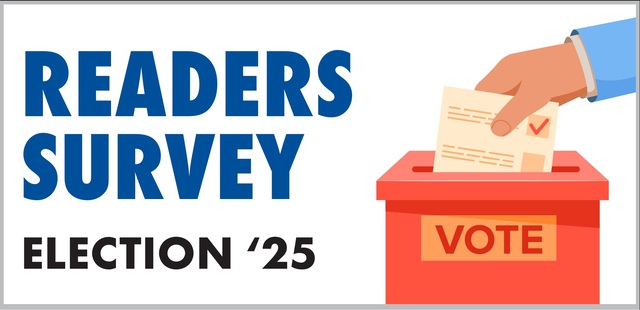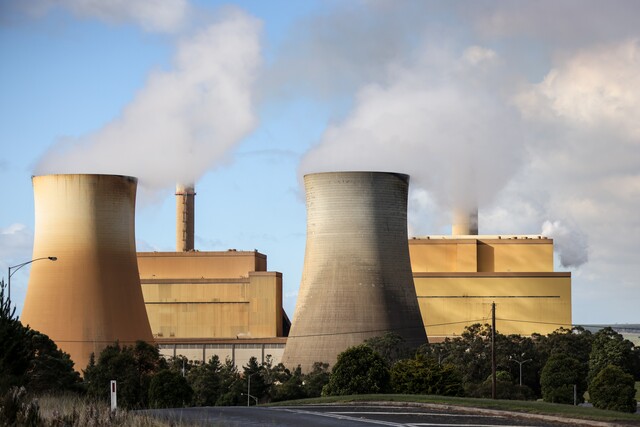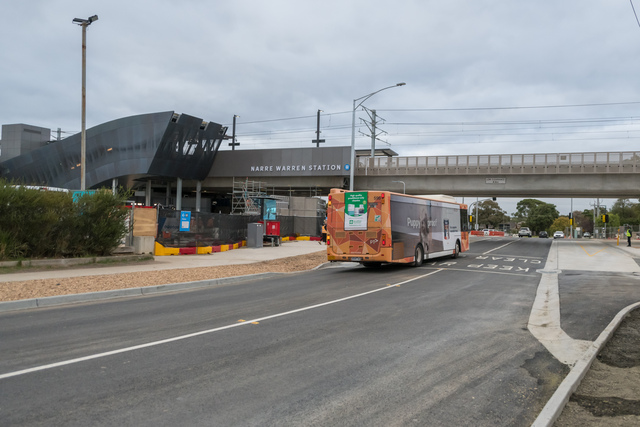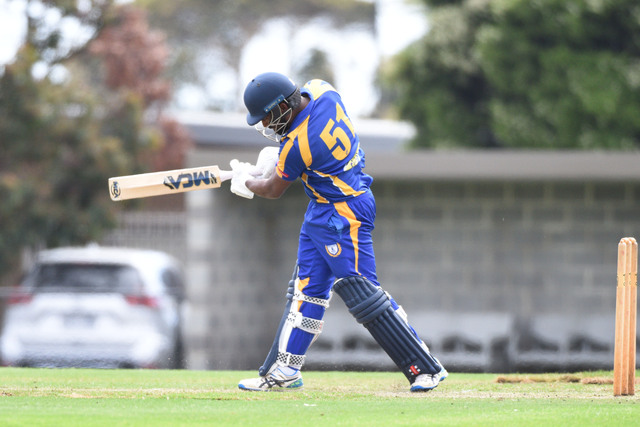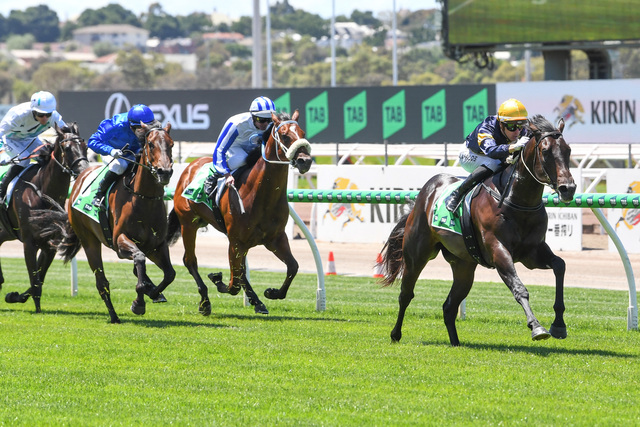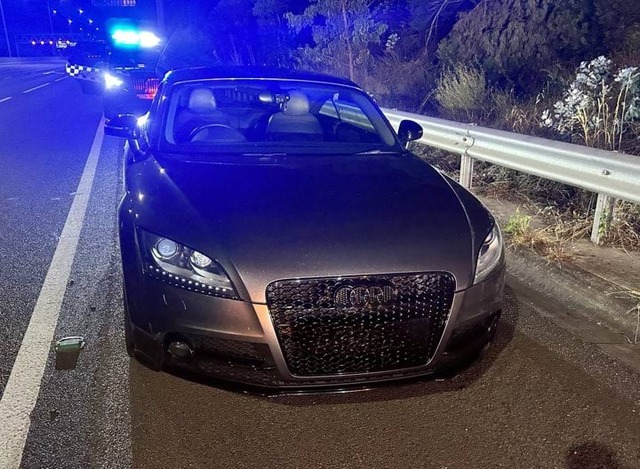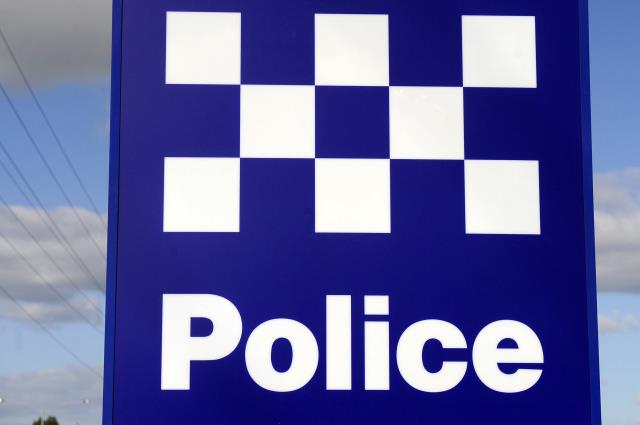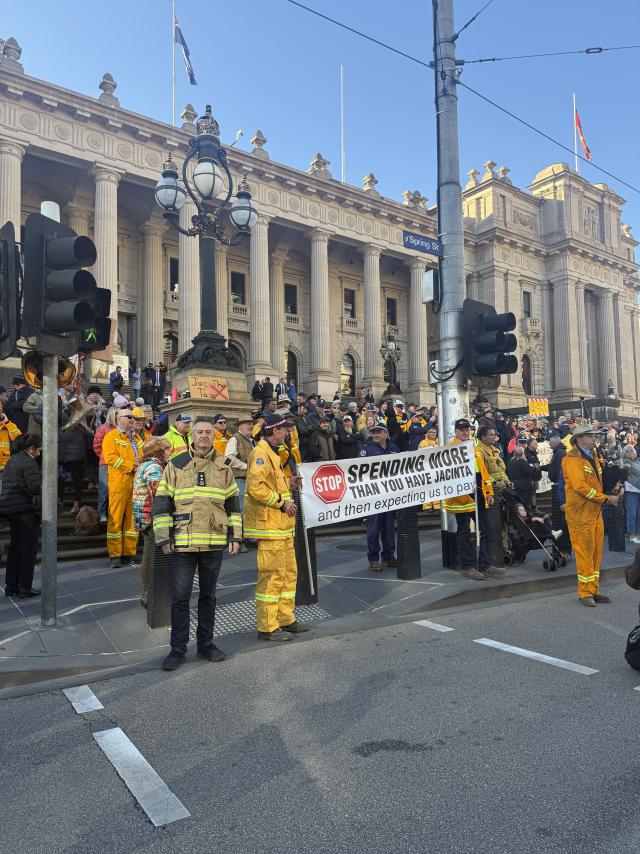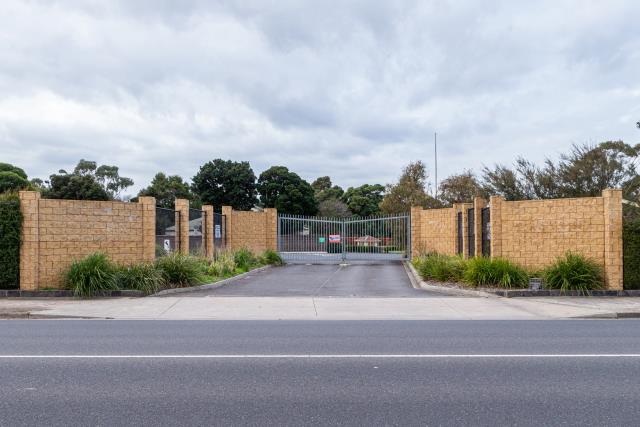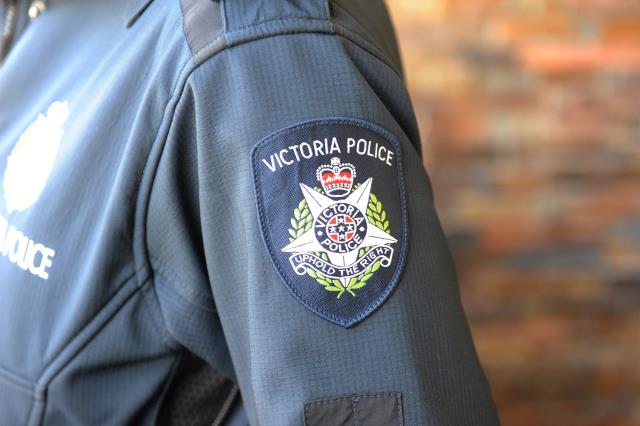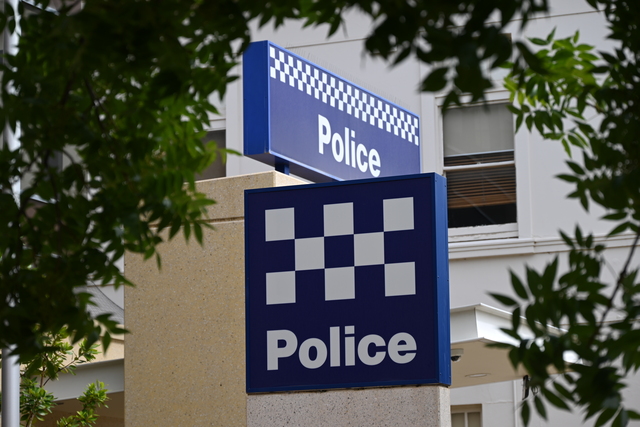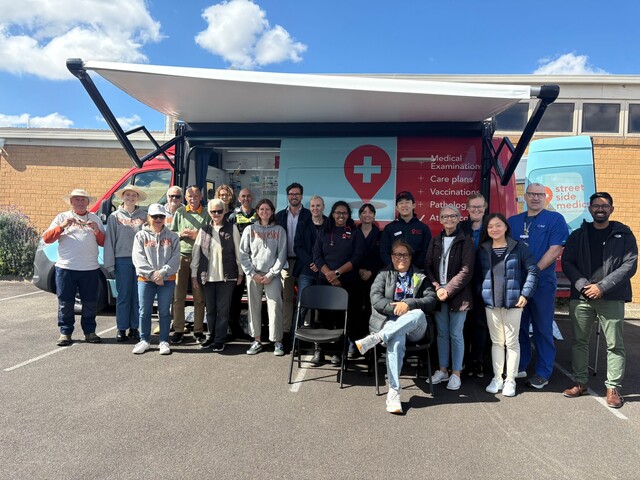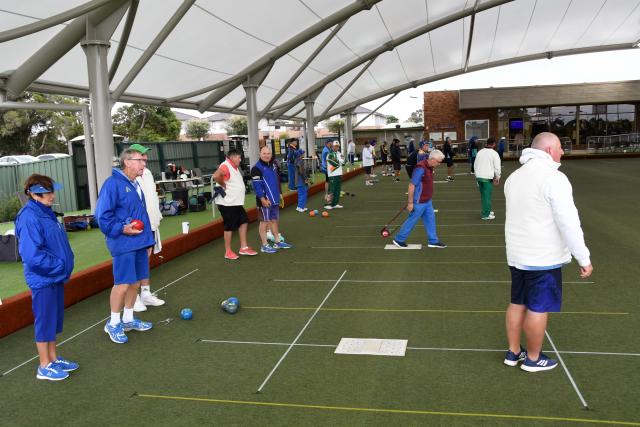In a pre-election bombshell, voters in the South East have overwhelmingly backed nuclear energy, according to a Star News readers survey.
A huge majority of the 111 respondents supported the Coalition’s nuclear energy policy, sitting at 71 per cent.
In contrast, Star surveys in Melbourne’s west and east found strong opposition to the nuclear option.
With a nuclear power station pledged for Loy Yang in Gippsland – about 100 kilometres east of Pakenham – a majority of Southeast respondents backed a nuclear plant in their local area, with 55.5 per cent in agreement.
Berwick Star News respondents, on the other hand, expressed a massive concern with the cost of living, with 16 out of the 25 respondents highlighting the issue.
Relevant to costs, these same respondents also expressed concern on crime, education and community safety.
There was also strong support for limiting immigration, with 19 out of 25 respondents – 76 per cent – calling for either a halt or a mitigation to the current flow, with insufficient infrastructure coined as the biggest concern.
One responder said that there is “not enough housing to cover new migrants”.
“The Albanese government only want them in for votes, we do believe in getting new migrants in, but only if they’ve passed all relevant strict checks,” they said.
Another responder said that Australia “doesn’t have the houses or rental properties to support the current population”, with another adding that the current services are “haemorrhaging under pressure and (can’t) cope with the load”.
Cost of living, alongside electricity prices and immigration being top concerns, health services, and national-roads-and-rail infrastructure were also dominant.
One Berwick Star respondent said that the roads around Berwick “are horrible” and that there are “too many new houses and the infrastructure can’t keep up”.
In total, 80 per cent of responses were seeking improvements to the current transport infrastructure in the area, from potholes to train line extensions at Cranbourne.
Rounding back to the nuclear option, most respondents prioritised cheap electricity prices (78 per cent) over reduced carbon emissions (22 per cent).
The Coalition has touted nuclear energy as cheaper with ‘zero emissions’, while critics claim the cost of seven power stations is exorbitant.
The majority of the 111 responses are in line with Berwick Star News’ responses to immigration, with 74.5 per cent in favour of a reduction, compared to an increased level – 6 per cent – and the status quo, at 19 per cent.
Building on health concerns, overall, local hospitals were readers’ top priority for federal funding, with 45.5 per cent in support, and was followed by defence at 21 per cent, infrastructure at 16 per cent and highways at 8 per cent.
For Berwick, 7 out of 25 responses – 28 per cent – favoured more federal funding in defence, while 6 out of 25 – 24 per cent – wanted better medical services, emphasising on wait times.
One response said that “we need less waiting and better services”, with another responder adding that there is a need for “more resources and staff”, as well as a bulk billing focus.
Other responses focused on infrastructure, government expenditure, youth crime, and overall government self-reliance.
“We need to have governments focus on essential items, cut back on spending and pay off government debt,” one response said.
In relation to defence, another said that after China “ceases their live fire practices”, Australia needs to “step up on defence, this can’t be put off”.
All but five had input on social media’s impact on public discourse and political decision-making, with a mixed bag of reactions saying that it has sway on people’s opinions but is also a medium that should be treated carefully.
One responder said that they thought people’s opinions have always had some form of sway in decision making, “but now with social media it has skyrocketed the availability… to political parties in this country, for better or worse”.
When asked what the responders’ concerns were about global security, many, once more, expressed the need for a stronger defence force.
However, many also coined the current United States administration under Donald Trump as a danger to global security, alongside Israel, China and Russia.
One responder said that “there is no threat to Australia (and) the only real threat in the world is America and Israel”; another said that since the world is dealing with a swathe of wars, terrorism and poverty, “it is uncertain if the countries we once accounted as allies will remain so”.

